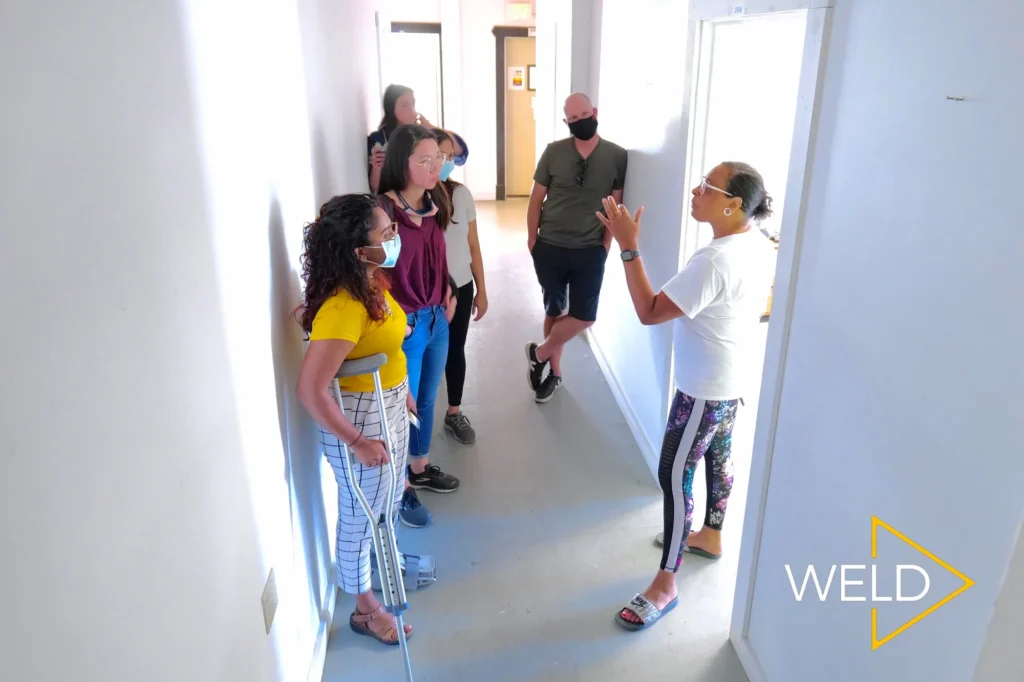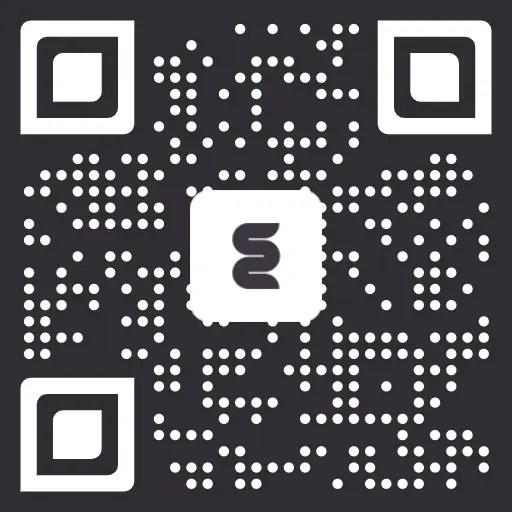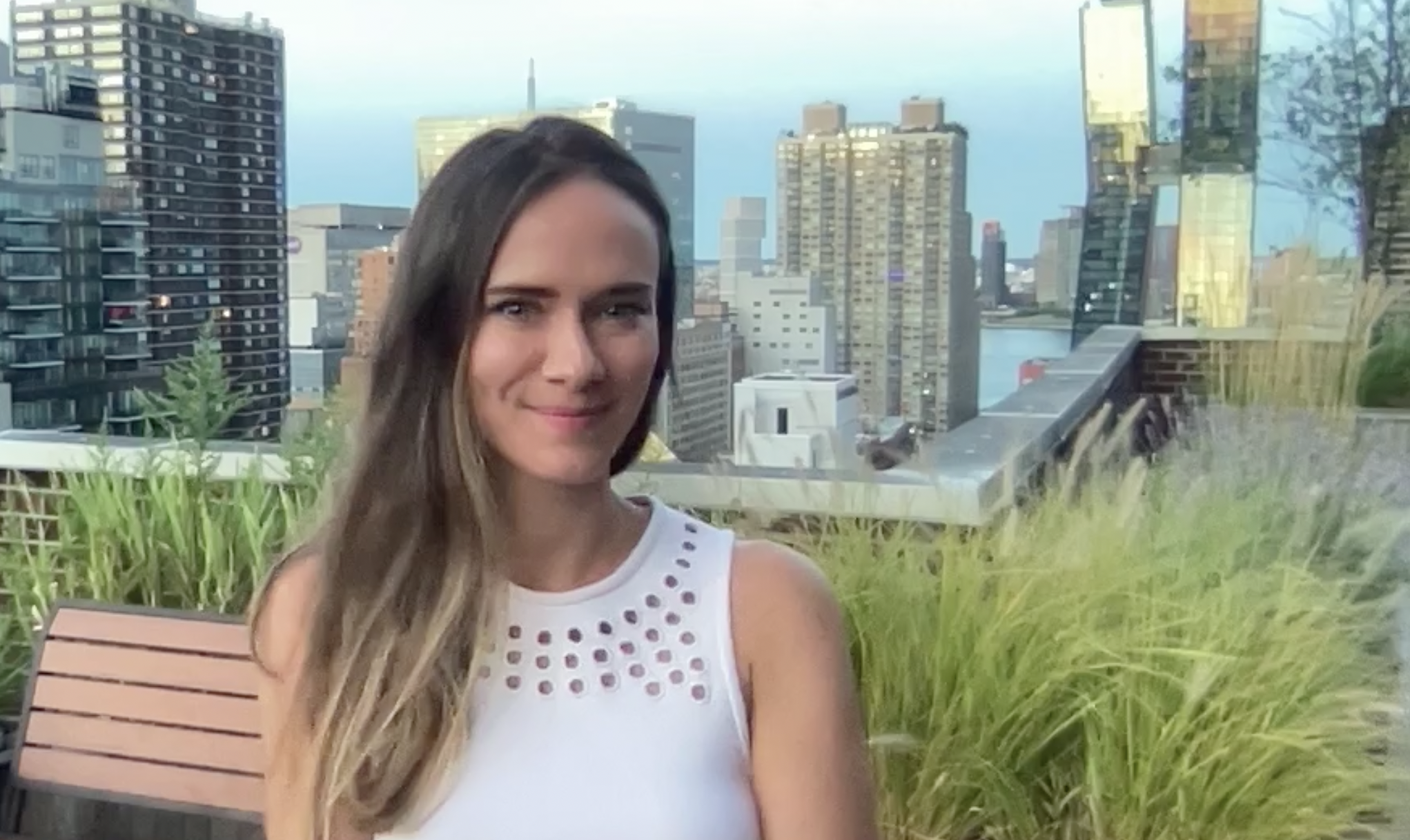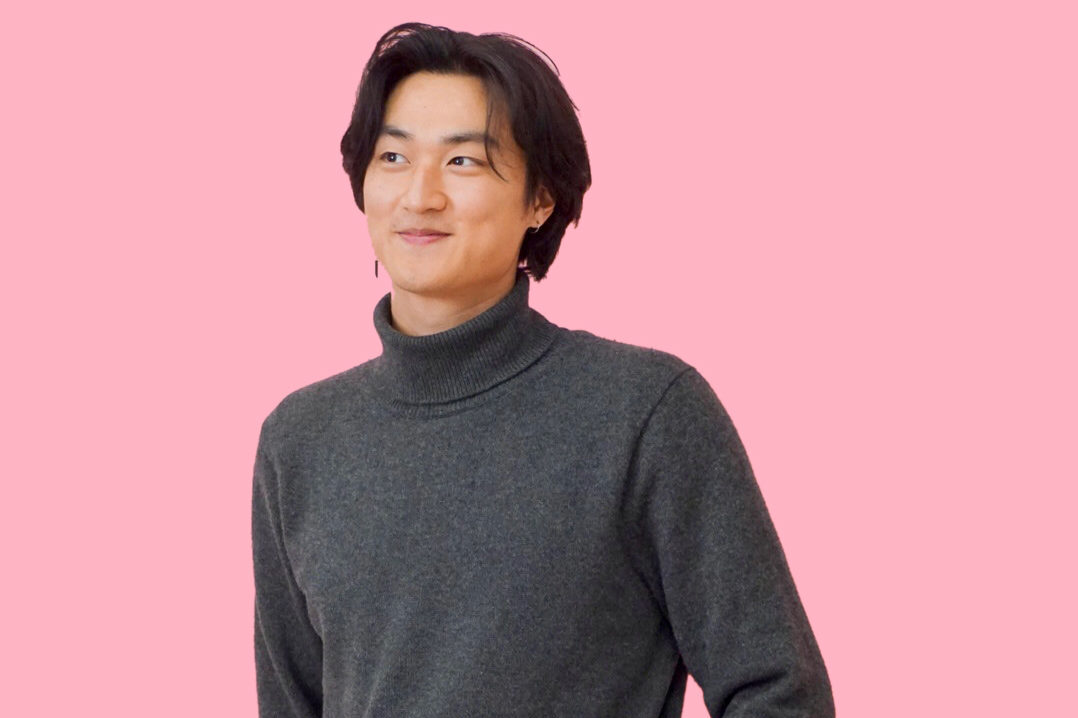Nivi Achanta, Founder and CEO of Soapbox Project, Seattle
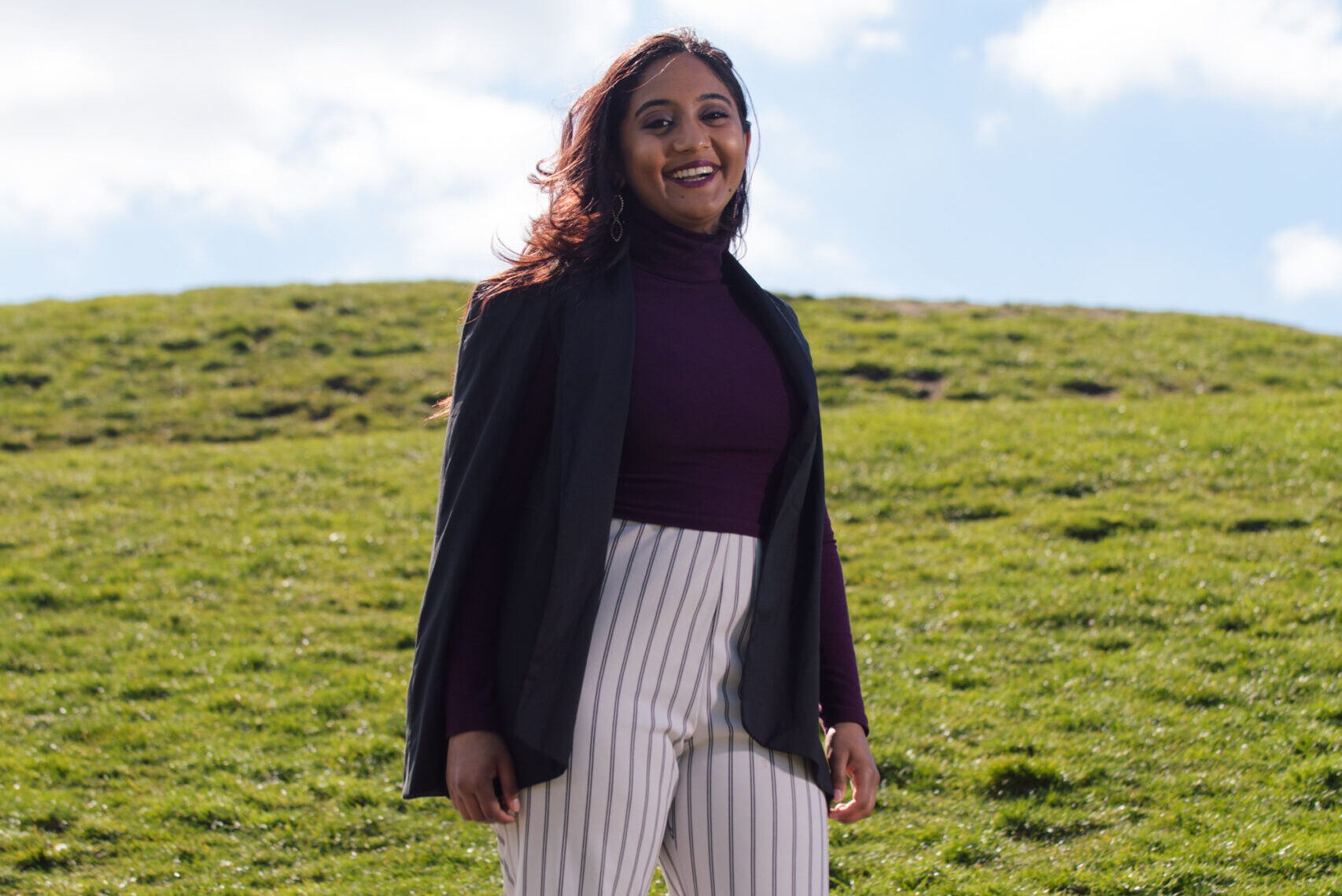
The Climate-Friendly Life is a series focusing on the successes and challenges we each face when trying to make climate-friendly lifestyle choices. No matter where you are on this journey from eco-curious to winning zero waste, it’s all good and we wanna hear about it. Drop us a line at blog@generationenvironment.com if you want to share your story with the We Are All Gen E community.
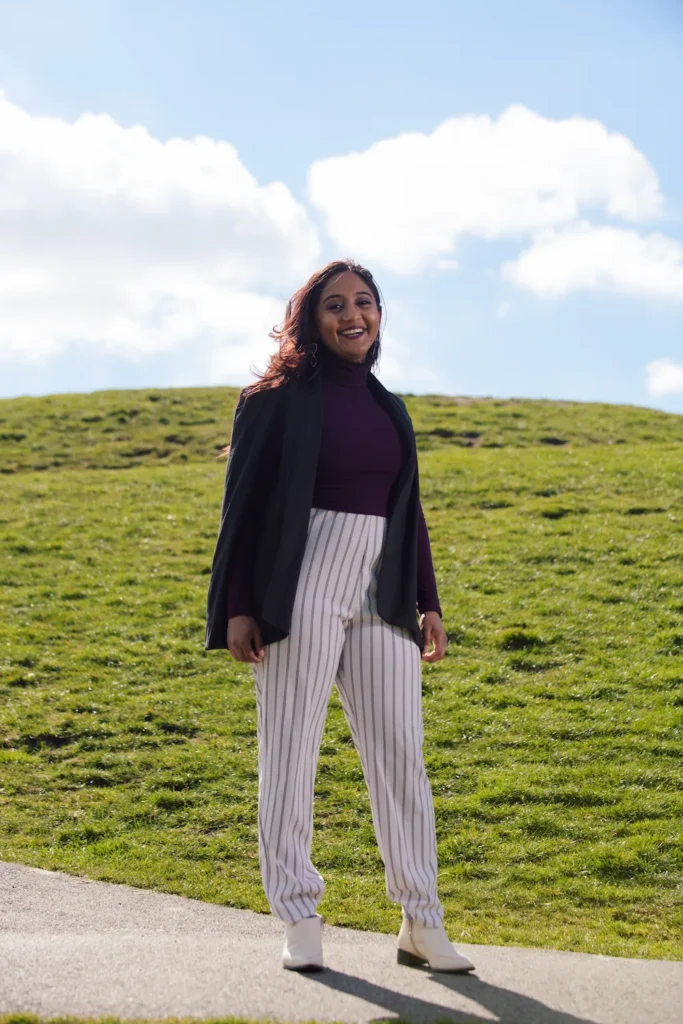
Soapbox Project is a community that makes it easy for busy professionals to take action on the climate crisis. We’re building a world that all of us actually want to live in right now.
INTRO AND CLIMATE
When I think about the climate crisis, it is really overwhelming and it’s really frustrating. There’s so much anxiety that goes around it. A lot of people in the climate space say that they’re really passionate about climate activism, but I like to challenge that. I feel like none of us want to spend our precious time on this earth constantly fighting climate change, or fighting something specific. Whenever I talk to people about why they’re interested in helping in some form, the theme is that we all just want to feel better. And we can only feel better if we do better. To me that’s the silver lining. Living through a crisis is seeing other people that share the same intentions as you and want to build a similar kind of space as you. Most of us want to find joy, have friends, and vibe out with our community.
BEGINNINGS AND SEEING THE STARK REALITY OF CLIMATE IN DAILY LIFE
I was born in India and I lived there later on when I was a teenager. I’ve also spent a lot of my time on the west coast of the United States, and so both of those areas are places where I’ve always had an awareness of not just the climate crisis, but crises in general. When I was living in India the poverty and health disparity and gender gap were really, really apparent. And so I grew up knowing that the world is structured in a way that there are a lot of people that don’t have what they need. As a child, when you’re seeing leprosy in the streets, and you’re seeing people looking like they’re dying in the streets from heat, from pollution, from all sorts of things, that just awakens you to the reality of how the world is.
In a different way, living on the West Coast and spending a lot of my childhood in California had a similar impact on me. Especially over the last 5 years, wildfires have gotten worse and worse, and every year they get more personal. They get closer. They impact more people that I care about. I know so many people that have been displaced from fires. I now live in Seattle and last year, we had a heat wave that was really tragic and again, you just can’t ignore when that kind of thing happens in your actual community where you live.
THAT CLIMATE CRISIS MOMENT & FINDING HER PATH
When I had my “climate crisis moment”, it wasn’t necessarily about how this crisis is bad and we need to do something about it. For me, the moment was in realizing how much power I actually had to do something about it. And that was a really important shift because I didn’t go to college thinking that I would spend my full-time job doing something around sustainability and social justice. I got a business degree and a stats degree, and then I went into consulting and I was just kind of like “Ok this is my life now”.
And the turning point came in 2018 when California had its most destructive wildfire in a town called Paradise, which is where my fiancee grew up. His whole family lived there – parents, siblings, grandparents, aunts, uncles. Everyone lived there, and that day the whole town burned. We couldn’t hear from them the whole day, so we didn’t know if they were okay, and that was a really really scary moment. I felt so helpless.
At the time, I was working at Accenture, and I asked the leadership team there if I could do something about it. I sent them a proposal fully expecting them to ignore it, because I was just this young corporate baby who doesn’t know anything. But they were somehow all in the same room at the same time, and when I sent them all this email with my proposal, they said, ok, we will give you your budget and a team to go do this work that you are suggesting. So that was the moment for me. I had such a different expectation of how it was going to go. I imagined so much corporate red tape, but instead they agreed on the spot. I realized we all have so much power within us that we’re just not activating because we don’t realize it’s possible. We can do so much more than we’ve ever imagined. It was a huge life changing moment.
So my team and I spent a month up in Northern California and volunteered at a makeshift medical clinic that the community had set up. The objective of the actual project that I had suggested was to help them organize their clinic and provide some of the technology and support that they needed. This makeshift medical clinic was literally the people of Paradise and the surrounding areas connecting with each other and finding resources. I figured if a consulting company can do anything, we can at least help them with organization.
What I spent a lot of our time doing, though, is listening and understanding what the people were already doing, because I thought it was such a brilliant model of seeing a community come together. And I wanted to see what we could learn in the aftermath of that disaster that can be applied to other disasters, since they keep happening. Paradise was a very special example of a tighter knit community where people already knew whom to turn to and why. So that was the project.
TRANSITIONING FROM CONSULTING TO FULL TIME CLIMATE WORK
Following the fire, I spent a lot of my time figuring out what kind of voice I wanted to have in this world. I had learned how power is so different from what we think and it just really stuck with me. I started poking around and seeing what the different leverage points were in the communities that I lived and worked in. And I started Soapbox as this information action side-project where I’d send out newsletters with a monthly topic and then educate people about it throughout the month. It’s fun and it’s actionable, and it’s a great way for people to take baby steps.
I did that so consistently because that is what I learned in the fire: you just need a little bit of knowledge and a little bit of push, but you don’t need to be an expert. You just actually have to take the action to go from point A to point B for social change to occur.
Then in 2020 I got laid off from Accenture and I had to decide if I was going to take Soapbox full time or if I was going to find another job. So I gave myself 3 months after getting laid off to see if it would work. And here we are still in 2023.
LIFE AFTER CONSULTING
My life now is so different from the life that I had while I was in consulting – in the best way possible. Obviously having your own business and doing your own thing is not easy at all. But I have made the decision that I’m okay with going slower and making less money if it means that I can preserve the core of what we’re doing through community building. At the time that was a hard decision to make, because it means that financial stability is something that I don’t really have all the time. Whereas as a consultant, you are financially stable.
But the overall wellbeing of my life is 50 to 100% higher than when I was working in consulting, and I think it comes down to feeling a greater sense of control of my destiny. I wake up every morning and I feel like even though I can have a bad day, I am still in charge of those days and what I’m doing. So it’s just incredible how my life has changed positively knowing that every day I can meet people who care about the same stuff, and feel like there’s a deep sense of purpose in what I’m doing. I think that’s what all human beings want to feel.
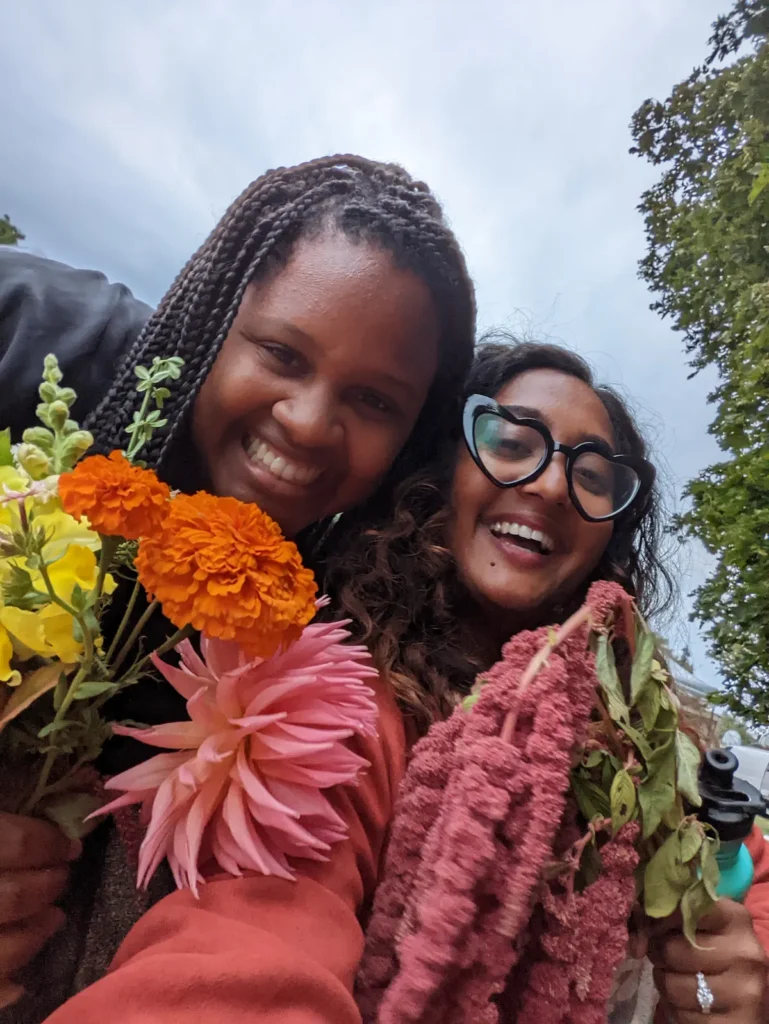
CONSCIOUS CONSUMERISM CAN ACTUALLY BE MORE FUN
I have a whole journey on lifestyle choices, and in 2019 when we first started writing the Soapbox newsletters, I leaned into individual action and being a sustainable consumer. It was intense and I wasn’t very happy. I felt guilty and ashamed all the time, and I was definitely taking that out on other people whether I meant to or not, by shaming people for their life choices.
Then the following year, the pendulum shifted to the other end and I was like ok, systems change. I focused on how if corporations don’t change, nothing’s going to change. Now, I think I have found my equilibrium of understanding that both are important.
Consumers have an important role to play because they are the ones working at these corporations and buying from these corporations. Thinking of ourselves within the context of the global economy is important. I do want to recognize that it can be a drop in the bucket to buy an organic bell pepper that supports a local farmer, that it’s not creating the type of climate action we need to reduce the temperature of our earth. At the same time, I think it’s really unrealistic for people to wake up and automatically decide they want to be involved in policy change, so these consumer habits are really important in creating that world that we want to build. The small wins are going to inspire me to do the bigger things because I’m seeing the value in it.
I have found that buying second hand is awesome. It’s actually way more fun. I get more stuff for the same price and I can find unique things. The same with food. I’m spending more money on produce but it tastes so much better. This is the most awesome thing about the conversation around being an ethical consumer – that it can be way more fun. We don’t talk about that enough.
MORE SOAPBOX
Soapbox is for young professionals who feel there’s just a little more they can push themselves to do each week to live a more intentional life and create a more intentional community. Maybe they aren’t bought into all the things that their employers are saying are the most important things in the world. What people will find when they sign up for Soapbox is a lightweight resource in our newsletter, which focuses on a monthly topic ranging from sustainable finance to space trash, that is broken down weekly. You won’t get overwhelmed by the amount of information, and it’s very action-focused.
And then for people that actually want to engage with our community, we have 4 climate action cohorts every year, which is a six-week live discussion session, where people come together and make their own personal climate action checklist that they’re going to implement over the course of the year. You will have your new friends, and then you’ll have a year’s worth of membership in our community, where you can come to accountability hours, fireside chats to learn more, and even just more casual local hangouts to take what you’ve learned, and put that into action.
I would say the main goal is for people to feel better. To reduce their climate anxiety through action. To understand that they have a really big role to play and to unlock what that is.
Learn more about Soapbox Project here.
